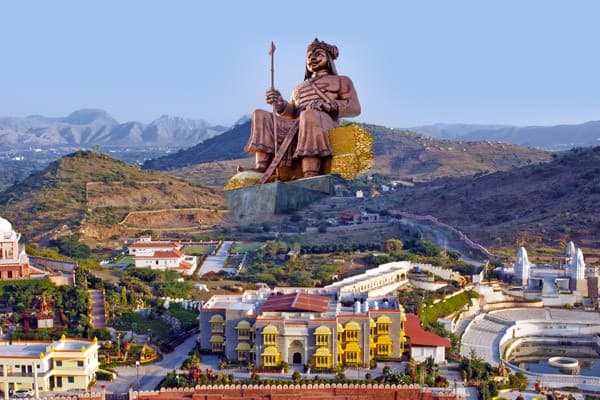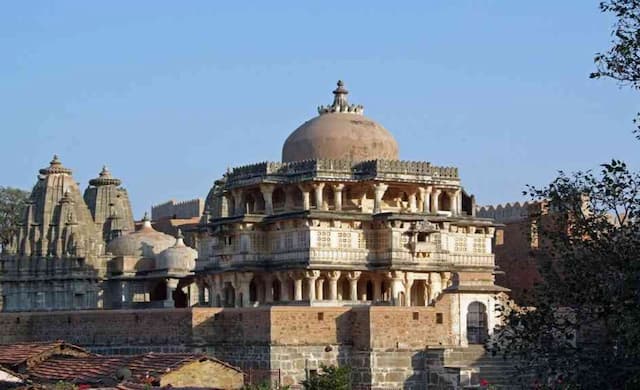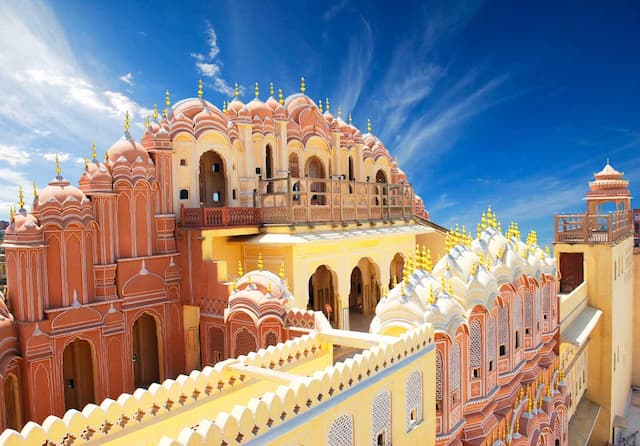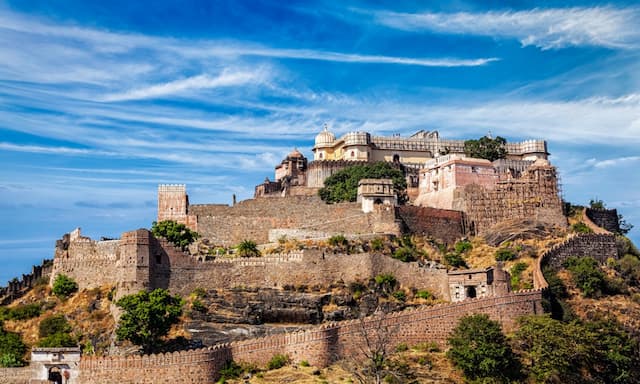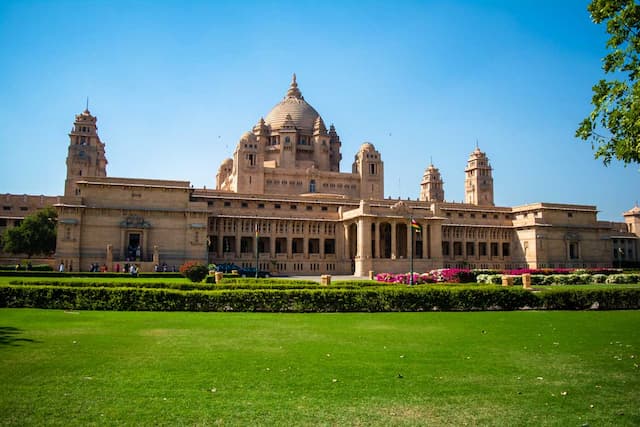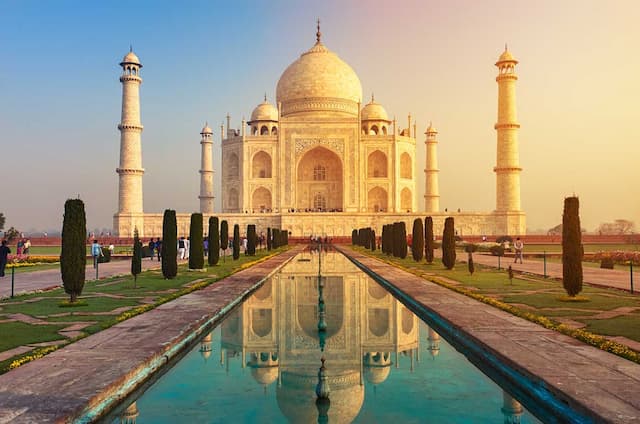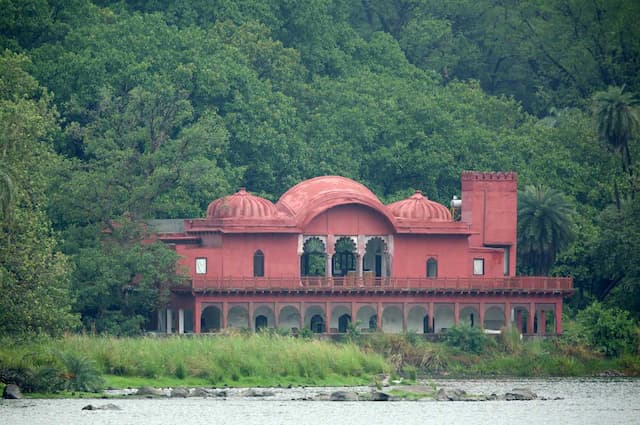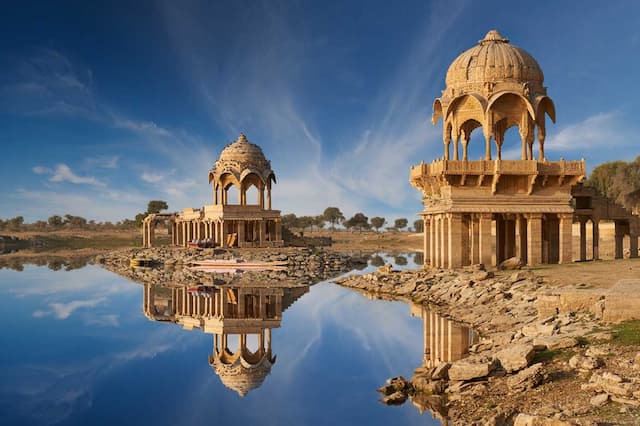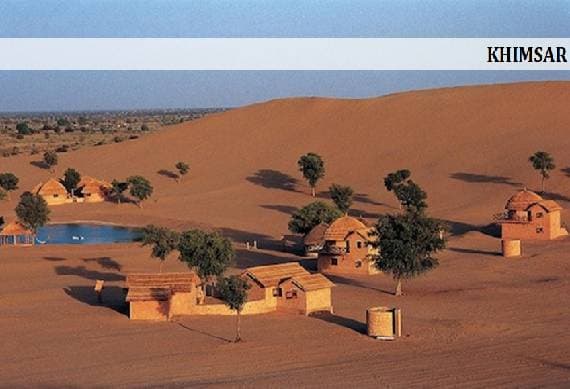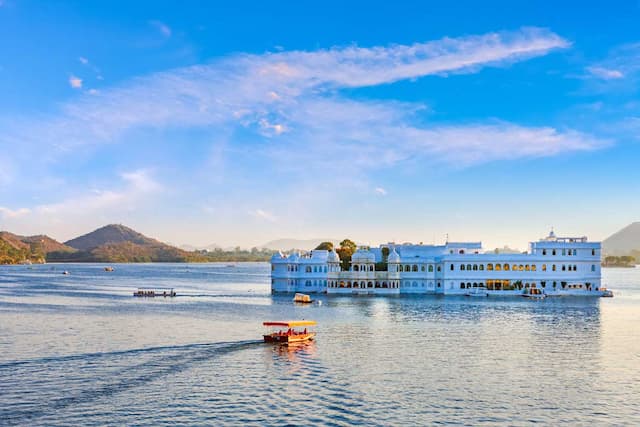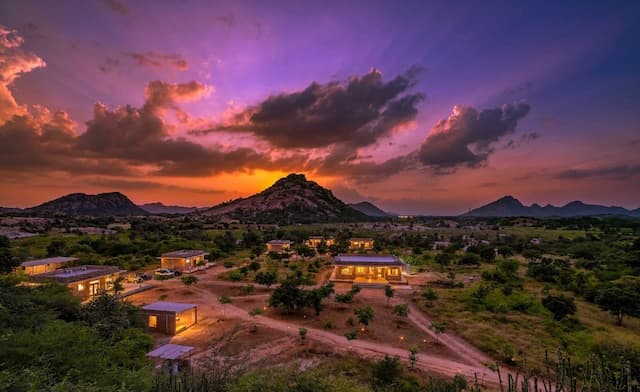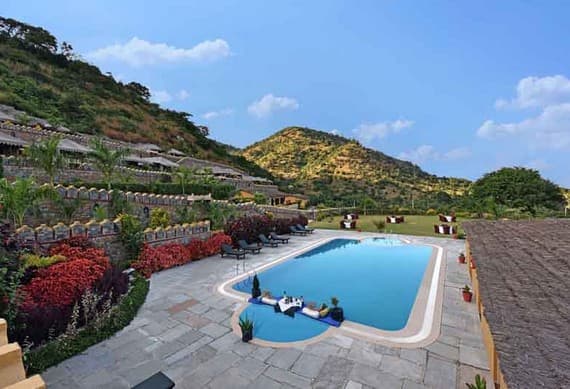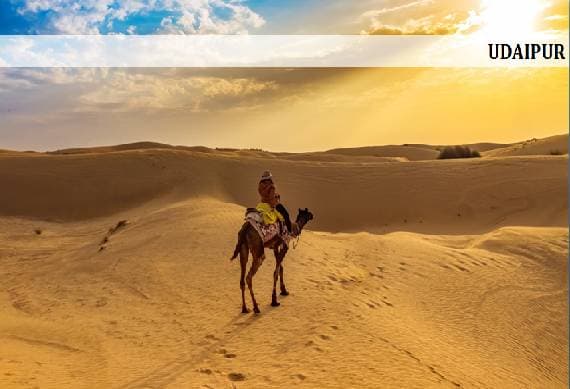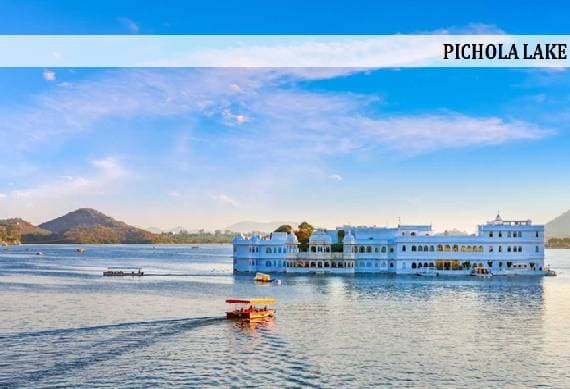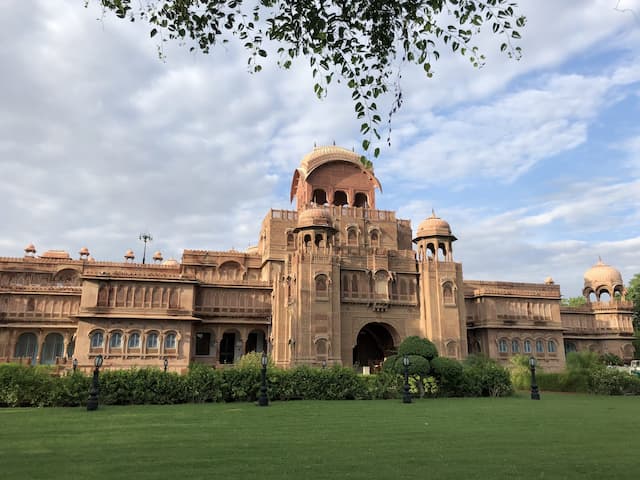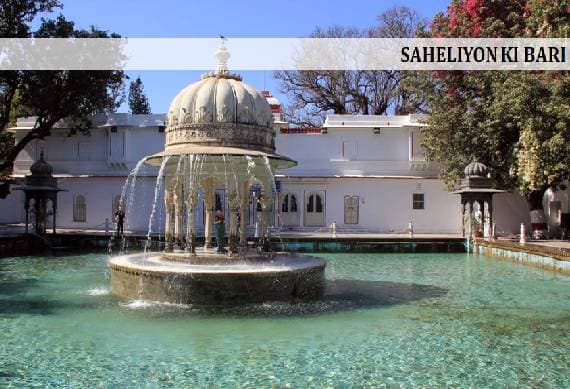History & Culture in Jaisalmer
The History of Jaisalmer has its very own appeal. Like every single other city of Rajasthan, Jaisalmer too has its own magnificent past to gloat about. The city is supposed to be established by one Raja Rawal Jaisal, a Bhatti Rajput ruler, in around 11d56 A D. Legends pass by that he did it on the solicitation of a neighborhood loner named Eesaal. The raja pick Trikut slope as the new site for his fortification. This was on the grounds that he believed that his past homestead at Luderwa (16 km from present Jaisalmer) was helpless towards conceivable adversary attack.
In medieval occasions, Jaisalmer kept on being on the focal point of the majority due to its area. It falls in the method of one of the two courses, which associated India from Persia, Egypt, Africa and the west. The Bhatti Rajput rulers were still in line. They were the sole gatekeeper of the city and in this manner assembled enough riches through charges collected on the passing bands, of which there was no shortage.
For a long time Jaisalmer stayed out of bound from the remote rulers incompletely on account of its area and somewhat as a result of its help. In the mid Thirteenth century, Ala-ud-noise Khilji, the Turk-Afghan leader of Delhi laid the attack over the city. He was evidently angry with the Bhatti Rajput rulers since they halted and plundered one of his trains containing imperial coffer which was headed to Sind. The attack went on for around 9 long years and when the fall appeared to be famous the Rajput womenfolk of the city submitted Jauhar (self Immolation to maintain a strategic distance from disrespect).
It is said that Duda, the child of Raja Jaisimha, took on fervently in the conflict yet was overwhelmed after the wild hand to hand battle. He kicked the bucket battling. His relatives kept on administering the city. Despite the fact that they had an agreeable connection with the Mughal rulers in Delhi, they battled ineffectively with Emperor Humayun. Head Shah Jahan gave the privilege of administration to Sabala Simha, who had the regal support and had demonstrated astounding valor to win the Battle of Peshawar.
In the cutting edge period, Jaisalmer was as yet an extreme nut to separate and was the last among the Rajputana royals to sign the 'Instrument of Agreement' with the British foundation. Indeed, even that was accomplished after extended periods on the arrangement table and after much coaxing from the British foundation in India. In the year 1947, royals consented to the arrangement to stay in simply free India. From that point forward it has formed itself into a significant visitor goal just as a social center of the western India.
Culture:
Jaisalmer is the land of valorous fighters who preferred death to dishonor. Who fought to the last drop of their blood for their land and their women. Two noteworthy assets of Rajputs, valor and honor have been wonderfully preserved by the people of Jaisalmer. This land of courage and dignity is rich with its grand cultural heritage and the unique hospitality of the people here. Life in Jaisalmer is full of color and merriment. You will come across a kaleidoscopic prospect presented through their graceful traditional attire marked with bright colors, mirror work, embroidery and exclusive craftsmanship. The grandeur of architecture and the artistic ingenuity is evident in the imposing forts, Havelis, temples and other impressive monuments.
The very famous Desert Festival is celebrated for three days in January is the perfect occasion to peep into the glorious past and affluent traditional and cultural heritage of Jaisalmer. Folk dances and songs, traditional music, camel shows, adventure rides, different competitions and colorfully dressed people please every soul and offer deep insight into the rich cultural heritage of Jaisalmer.
Folk songs of Jaisalmer, especially the Bardic poetry describes the heroic stories of kings and queens. The ballads named ‘Raso’ that sing the sagas of the great deeds and valor of Rajput heroes are famous even today. The Rajasthani folk dances performed by women wearing colorful skirts decorated with embroidery and mirror work offer a real eye catching sight. Chari, Bhavai, Ghoomar, Ghair, Kacchi Ghodi, etc are traditional dance forms witnessed in Jaisalmer. It is all worth experience on Jaisalmer tour.
Top tour packages
History with Adventure Lover Tour
PoloForest (1N) Kumbhalgarh (2N),
Flight Not Included
₹19,540
per person
- Valid upto 31 Mar 2026
Soulful India
New Delhi (1N) Agra (1N), +1 more
Flight Not Included
₹20,690
per person
- Valid upto 31 Mar 2026
Lakes & Forts Of Rajasthan
Udaipur (2N) Kumbhalgarh (2N),
Flight Not Included
₹20,990
per person
- Valid upto 31 Mar 2026
The Golden Rajasthan
Jodhpur (2N) Manvar (1N), +1 more
Flight Not Included
₹29,630
per person
- Valid upto 31 Mar 2026
Golden Triangle
New Delhi (2N) Agra (1N), +1 more
Flight Not Included
₹25,190
per person
- Valid upto 31 Mar 2026
Exotic Rajasthan
Jaipur (2N) Bharatpur (1N), +1 more
Flight Not Included
₹25,520
per person
- Valid upto 31 Mar 2026
Heritage Rajasthan
Jaipur (2N) Bikaner (1N), +2 more
Flight Not Included
₹36,780
per person
- Valid upto 31 Mar 2026
Best Of Rajasthan
Jodhpur (2N) Khimsar (2N), +2 more
Flight Not Included
₹41,330
per person
- Valid upto 31 Mar 2026
Whole of Rajasthan
New Delhi (1N) Agra (1N), +6 more
Flight Not Included
₹60,370
per person
- Valid upto 31 Mar 2026
2N Kumbhalgarh Hotel Tour Package
Kumbhalgarh (2N),
Flight Not Included
₹3,850
per person
- Valid upto 31 Mar 2026
Simplicity Rajasthan
Udaipur (2N) Kumbhalgarh (1N), +1 more
Flight Not Included
₹26,570
per person
- Valid upto 31 Mar 2026
Gems Of Rajasthan
Mount Abu (2N) Pali (1N), +2 more
Flight Not Included
₹32,280
per person
- Valid upto 31 Mar 2026
Golden Heritage
New Delhi (2N) Agra (1N), +3 more
Flight Not Included
₹34,570
per person
- Valid upto 31 Mar 2026
Jewels Of Rajasthan
Udaipur (2N) Narlai (2N),
Flight Not Included
₹56,100
per person
- Valid upto 31 Mar 2026
Happy Travellers
A Special First International Trip for My Parents
Ms. Kavita Jain
 Dec
DecA Wonderful and Memorable Tour Experience
Mr. Vimal Virani
 Dec
DecA Wonderful Diwali Family Vacation with Flamingo
Mr. Kirit S. Patel
 Oct
OctA Magical Cherry Blossom Experience in Japan
Mr. Mayank Jarivala
 Nov
NovWonderful Japan Tour Experience
Mr. Nita Patel
 Dec
DecNot Just a Tour, But a Beautiful Family Experience
Mr. Sanjiv & Ms. Dipika
 Nov
NovA Remarkable Japan Tour Filled with Care, Knowledge and Excellence
Mr. Ambrish & Ms. Rupa Shah
 Oct
OctThank You Flamingo for an Amazing Japan Journey
Mr. Bhavin Patel & Ms. Vaishali Patel
 May
MayMemorable Japan Tour with Exceptional Tour Management
Ms. Surbhi Udeshi
 Mar
MarA Great Success Thanks to Your Dedicated Efforts
Mr. Yogesh kanthawala & Ms. Sonal Kanthawala
 Feb
FebTrending travel articles

Affordable Bali Trip Under ₹30000 – Flamingo Transworld Budget Itinerary for First-Time Travelers
Summary: Looking for a budget-friendly Bali trip in 2026? This blog shows how you can enjoy a relaxing 5-day Bali Trip under ?30000/- by choosing smart stays, simple food and the right places. Perfect for first-time Indian travellers looking for a budget-friendly Bali holiday. We all have seen tons of pics of temples, Bali Swing, […]

Japan Tour Packages from India Under ₹3 Lakh – Explore Japan on a Budget
Summary: Your dream of exploring Japan is possible, even with a strict budget! This blog shares how Japan tour packages from India under ?3 lakh are possible. It covers real costs, budget tips, the best time to visit, and much more. It helps you understand how to save money and still enjoy a great Japan […]
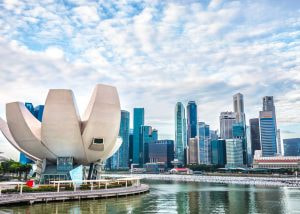
Singapore Tour Packages from India Under ₹1 Lakh – Budget-Friendly Trips 2025-26
Summary: A trip to Singapore can fit your budget with the right plan. This blog explains how Singapore tour packages from India under ?1 lakh work, what costs to expect, and how to save money. It helps you understand the best places to visit in Singapore in 2026 so you can enjoy this island country […]
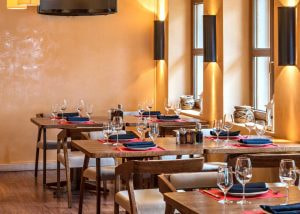
Top Indian Restaurants in Hanoi to Try in 2026!
Summary: Indian restaurants in Hanoi are more than just places to eat. They serve Indian food with a Vietnamese welcome. Whether you are a vegetarian, prefer halal food, or just miss home-style dal, these restaurants have it all. Every meal is served with care and a friendly smile, making you feel right at home in […]

Macau – A city that refuses to sleep , and wont let you either !
Summary: Macau Travel – Macau is a city that never slows down—filled with luxury hotels, thrilling attractions, endless nightlife, and unforgettable energy. From staying at The Venetian to breathtaking Macau Tower views and vibrant casinos, Muskan Golecha’s experience captures the true spirit of a city that you don’t just visit, you live! Macau is one […]

10 Days Itinerary for Switzerland – Perfect Trip Plan for First-Time Visitors!
Summary: If you want a calm, scenic, and well-paced trip, this 10 days itinerary for Switzerland is made for you. It suits families, honeymooners, seniors, and solo travellers. This plan combines top attractions with relaxed, easy travel days. It also keeps Indian comfort in mind. Read on to get the full day-by-day plan, smart tips, […]

Switzerland in Winter 2026: A Fairytale Experience of Snow, Alps & Christmas Markets!
Summary: Switzerland in winter 2026 is pure magic, snow-dusted Alps, glittering Christmas markets, and cozy wooden chalets bring fairytales to life. Whether you are sipping hot chocolate by the beautiful Swiss lakes or exploring the festive streets of cities, it feels like a movie. Perfect for Indian travellers, families, and honeymooners. This blog helps you […]

Christmas in Dubai 2025: Lights, Luxury & Festive Shopping!
Summary: Experience the magic of Christmas in Dubai 2025, where the city sparkles with lights, music, and festive cheer. From grand events to lively markets and fireworks, every corner feels joyful. Enjoy delicious food, family fun, and exciting shopping deals during the Dubai festive season. Plan your trip easily with Dubai Tour Packages and make […]

Bhutan In December 2025- Weather, Insider Tips, Best Time to Visit, and Things to Do!
Summary: Experience the magic of a trip to Bhutan in December 2025, with clear skies, vibrant festivals, fewer crowds, and stunning mountain views. This blog guides you through weather updates, travel tips, places to visit, and must-try experiences for your perfect Bhutan holiday. Plan your relaxing, crowd-free visit to Bhutan and experience the authentic charm […]
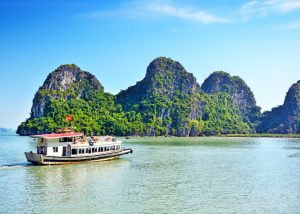
How to Plan A Budget Trip To Vietnam Under ₹60,000!
Summary: Trip To Vietnam Under ?60000 – Dreaming of travelling to Vietnam without stretching your wallet? This blog shares how to plan your trip to Vietnam under ?60,000. It shares everything, including flights, hotels, meals, and activities. Discover must-visit cities, real cost breakdown, and much more to make your Vietnam tour package memorable yet budget-friendly. […]
